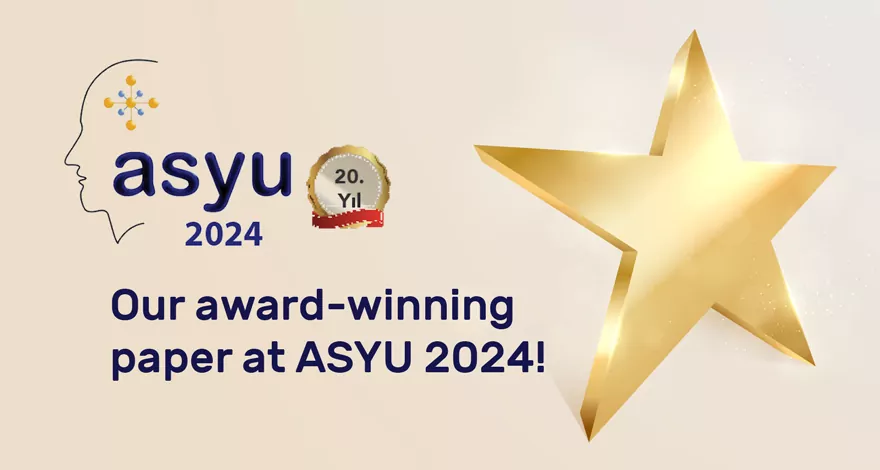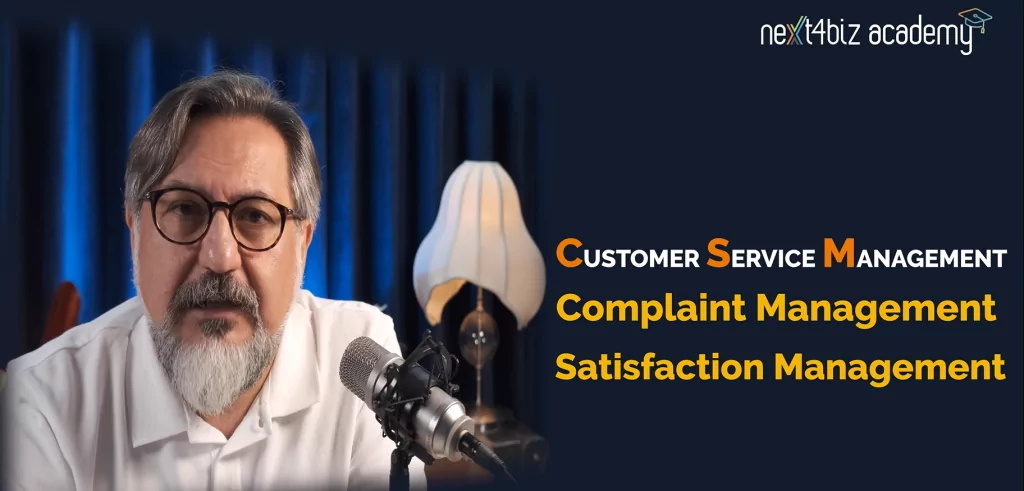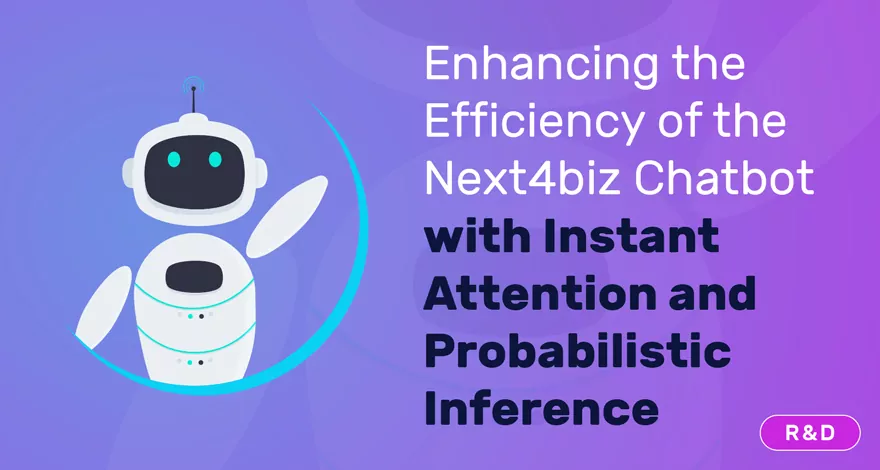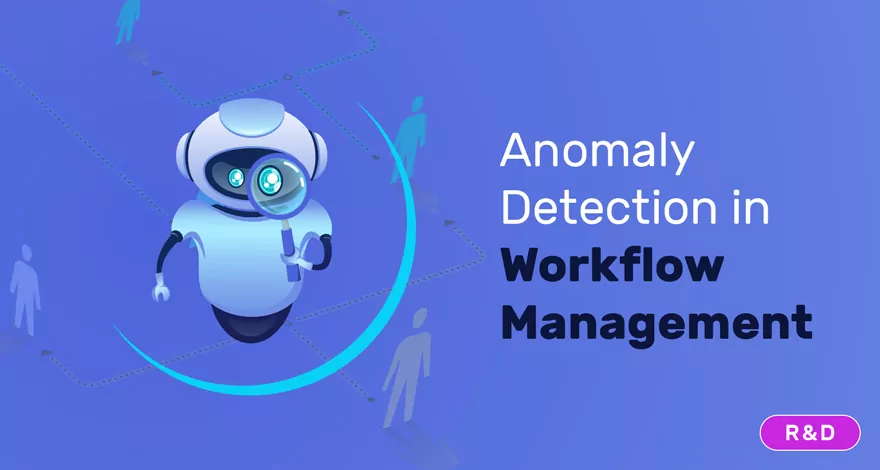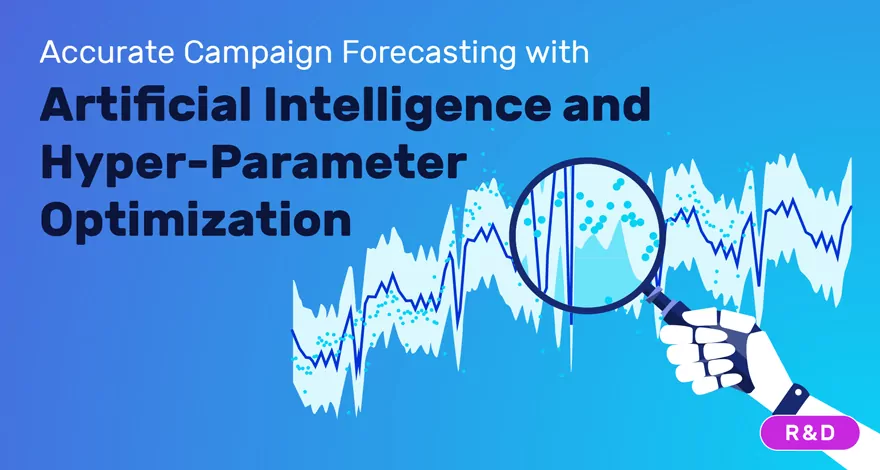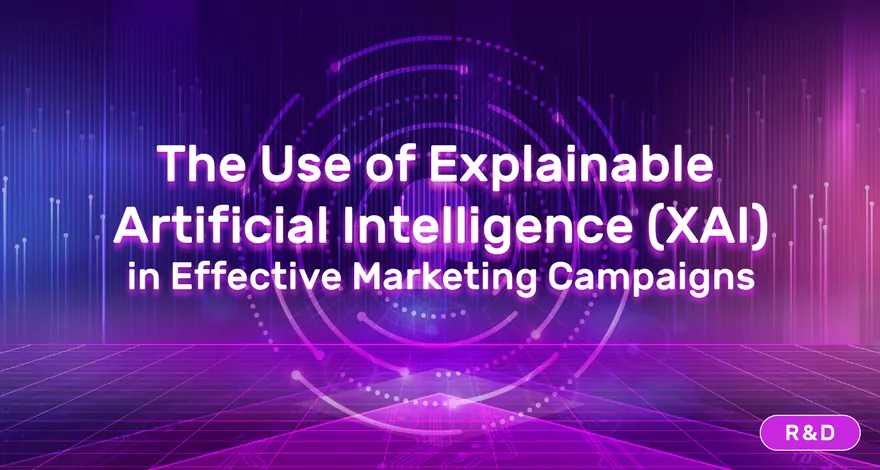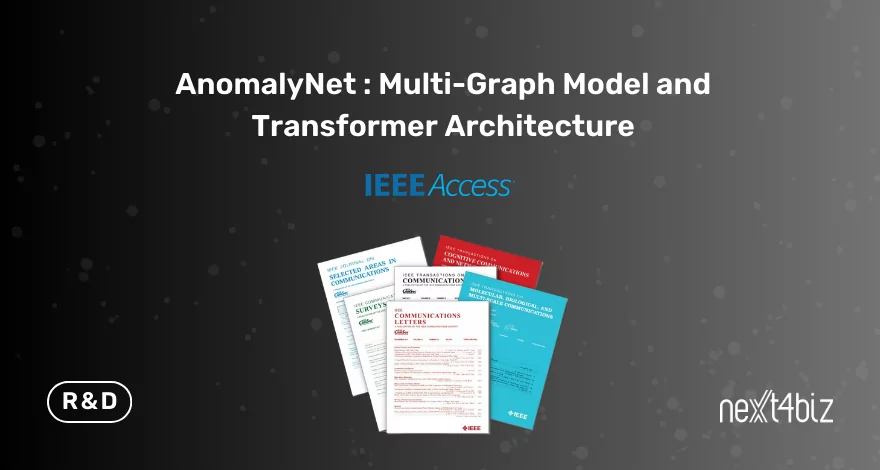Demo

The hero of today’s next4biz success story is Ali Sevinç, the Customer Contact Center Senior Manager at Yıldız Holding, which boasts more than 46 factories and over 70,000 employees under more than 300 brands from 34 global giants, including Ülker, Kerevitaş, Pladis, Godiva, and Bizim Toptan.
Mr. Sevinç shares the company’s customer-oriented vision inspired by Sabri Ülker, the founder of Yıldız Holding’s flagship company, Ülker. He has been working together with his teams for 16 years to realize this vision at the Customer Contact Center, which serves as a bridge between all the brands and their consumers. The company’s mission statement, “Providing consumers with an exceptional experience that exceeds expectations,” represents the customer-centric vision passed down from generation to generation within the organization and has become the motto of Yıldız Holding’s Customer Contact Center.
Mr. Sevinç attributes their success in customer experience management to their focus on two major factors:
- Excellent human resources and talent management
- Excellent technology choices and technology management
After an extensive research and purchasing process, the organization decided to begin using next4biz for Customer Service Management across the entire group of companies in 2017. During our meeting, Mr. Sevinç shared the details of the purchasing process, why they chose next4biz over global alternatives, the project adaptation and integration process, and the changes that occurred following the adoption of next4biz.
Throughout the conversation, we observed once again that choosing the right technology not only facilitates the smooth running of business processes, but also enables the development and adoption of a holistic customer management approach that is compatible with the current practices and unique corporate culture of a massive and well-established group of companies such as Yıldız Holding. Below is the key content from our discussion.
Could you briefly tell us about Yıldız Holding’s Customer Contact Center?
Could you share with us Yıldız Holding’s customer experience vision and related strategies?
I would like to share a few stories, if that’s okay. These are indicators of just how far back customer orientation goes in our corporate culture. The story of our journey to customer satisfaction begins with our founder, Sabri Ülker. We always hear about how he jumped on a bus and went to one of our dealers to resolve the complaint of a customer in Antalya. Since we have a founder who emphasizes the importance of every piece of customer feedback, this culture has also been fully embraced by Murat Ülker, Ali Ülker, and the entire senior management, and we strive to maintain the same vision. This is the main factor that distinguishes our complaint management approach from other companies. While many companies try to resolve complaints by sending gifts or visiting customers, we do so through our sales managers thanks to our strong sales network. At the Customer Contact Center, we train these sales managers to convey the Yıldız Holding culture to the customer. We have our sales managers meet our customers face-to-face. This demonstrates our emphasis on complaint management.
When we receive customer feedback on a particular product or subject, we forward the issue first to the sales manager and then to the production units and quality assurance professionals, wherever they are, through next4biz. The sales manager then makes an appointment with that customer and visits them. All of these tasks must be performed within deadlines. It means more to customers if the explanation comes from people who are directly involved in the process. That is why we have our sales managers making these visits. These processes are actually rather costly; in addition to carrying out their main task of sales, you’re asking a sales manager to visit customers and have conversations that will satisfy them. The process continues even after the sales manager has the product inspected at the factory. We have them visit all of our end consumers all around Turkey.
I’ll tell you a fantastic story. It goes something like this. The year is 1965. At that time, our chocolate factory was in Topkapı. Those who know the location will remember that the smell of chocolate would spread far and wide. There was this one kid whose father had an auto repair shop in the Topkapı Auto Repair Site, which is now located near Avrupa Konutları but was right next to the factory back then. This kid loved the Probis protein biscuits. At the time, both chocolate and biscuits were produced at the same location. Since his father knew he loved Probis, he took his son to the grocery store and bought him Probis as soon as he smelled that distinct scent of chocolate. And now, that kid is doing the same for his own grandchild.
We are talking about a company that has appealed to taste buds for generations. Can you imagine all the other people sharing their preferences without any stakes whatsoever? We are talking about an experience that can be the subject of commercials. By “experience,” I do not mean satisfaction alone. I mean experiencing the same taste, the same smell, and the same pleasure that you did with your father years ago, but this time with your grandchild.
I guess we can say that a customer-oriented culture is in Yıldız Holding’s DNA. Your organization has also long implemented a business management approach that is becoming increasingly popular: your customer service management and sales and marketing teams work in strong collaboration.
As you know, Mr. Sevinç, there are two major resources in customer experience management: human resources and technology. What kind of organizational and technical infrastructure do you use to manage customer services?
In the human resources department, we work directly with Bahattin Aydın, Head of Internal Support and Human Resources. It takes an average of six months for someone to consider themselves proficient in all the processes here. Let me give you an example. When you are hired to work in a bank’s customer service department, they’ll have you answering calls after 15 days of banking training and one week of desk work training. But we provide services to companies with a range of demands, many of which are highly comprehensive. That is why we hire people with direct support from Yıldız Holding’s human resources department. As for technology, we have servers on both Superonline and Türk Telekom for telephone exchanges and IVRs.
Our technology infrastructure was already strong as it was, but we have further strengthened its CRM aspects with next4biz. The CRM or tracking systems we previously used were our own software. We configured this software at a level that could meet the needs of a factory. Eventually, we began encountering challenges while integrating websites and social media channels into this structure. While we managed to fix some parts of the software in line with the company’s requests and demands, we inadvertently broke others. However, our current next4biz system is unlike anything we’ve used before, both in terms of integration and scope.
The B2B2C business model has become widespread in every industry, and you represent one of the first contact centers to implement this model. You serve two target groups with the B2B2C model: your group companies and the end consumers of these companies. Would you agree?
What are the challenges of managing customer services with the B2B2C business model?
When you are not in sync through the system and cannot make the technical capabilities available to the companies you serve, receiving, transferring and logging requests with telephone technologies alone becomes really challenging. When a customer calls you and submits a request over the phone, there is always a risk that the request will be forgotten about without any resolution. The person answering the phone may not be able to transfer the request to other channels due to the busyness of the back office. Our customers may never be able to contact us.
Therefore, we also prioritize using our current CRM system for the companies we serve. The requests we receive are always logged in writing, and progress is made in a certain chronological order. In the old system, we used to do this by way of phone calls; a marketing or quality assurance professional would say, “Mr. Sevinç, we have this problem. Let’s solve it this way.” They could send you an email, but you could easily miss that. Since we now log all requests and complaints in the system, we have improved our process both digitally and technologically.
So, if I’m understanding correctly, the most challenging part of the B2B2C model is ensuring the coordination of the different managers representing various subsidiaries?
Think of it this way: with the exception of our employees abroad, we are in constant contact with almost 40,000 people. 40,000 employees. There are about 1,300 to 1,400 license users in our system alone. Sales managers, quality assurance professionals, marketing professionals, all corporate communications, legal departments… You need to coordinate very well with these people in each company. I’m talking about dealing with almost 100 people on a daily basis. I’m not saying this for our end consumers; I’m speaking for the managers of the companies we serve. Managing all of them at a certain pace is only possible with this system. Even dissatisfaction with an employee in a retail company is handled by that company’s human resources department. That is why you must deal with people in every unit of every department.
Even though you work under the same group, you provide services with different processes specific to each company you serve.
You also have to consider that we handle all social media posts and moderation. I’m talking about at least 46 brands here. We handle everything from sharing posts on Ülker’s chocolate wafer to managing the comments or complaints under those posts. There is no way all of this can work without proper coordination.
Mr. Sevinç, you manage a very special laboratory for customer experience management, and your organization has been using next4biz for almost four years. What were the main factors that influenced your decision to use next4biz for customer service management?
Let me tell you a little more about the CRM system we used before next4biz. It was our own software, and it was able to meet the needs and demands of that time. However, it was a system that could not be accessed unless you had the company-provided laptop. Since the CRM system was restricted to internal use, it wasn’t available to the rest of the groups we served. Furthermore, the software was old and did not allow for further improvement. It lagged behind in terms of connectivity as well as SAP and product integration. Eventually, digitalization reached such a point that we could no longer have an IT employee create a system alone, or even with the help of a project team. So it became necessary to outsource this service.
We decided on next4biz, as we believed that it would clearly benefit all of our companies. Obviously, this was all made possible by the project team. Yıldız Holding operates with comprehensive decision-making mechanisms. It’s not enough for me to say that next4biz is good. These decisions are made through the project team’s devotion and intensive research.
What was the purchasing process like? How did you decide on next4biz?
Mr. Sevinç, you are a professional manager who has worked in this field for a long time. Which next4biz features impressed you the most?
I liked how practical it was for our colleagues. We told next4biz about our vision of product complaint management, and they rapidly brought that vision to life. When I saw next4biz’s presentation on the solution, it was clear that it would be easy to use, and moreover, that integrations across the services and the demands of all our group companies would be simplified. We can integrate all 56 of our brand websites. We can integrate all of our telephone exchanges. When a customer calls, we can extract data and other information from the call history. As you know, we can also integrate it with other platforms, such as complaint sites, WhatsApp, and SMS.
We manage all social media. It’s more than sharing posts and moderating things; we also use particular search programs for crisis management on social media. We have also integrated those into next4biz. And there’s more: our product range is extremely wide and we have various factories, and we can integrate production across all our factories on a per product basis. In a CRM software, you can perform all tasks in a single sector. However, it is not an easy task to build a durable system in which you can integrate the entire product range, all sales management activities, all new hires and leaving employees, and the dynamics of the entire retail industry across all group companies. We get all of this in next4biz.
It can’t be easy to adapt corporate software to the Customer Contact Center of a global giant like Yıldız Holding. What was the transition and adaptation period like?
I just described our project team, which makes decisions up to the purchasing stage. Well, we established another project team after this stage: an IT-supported project team at the Customer Contact Center, which continued its tasks until the system started functioning fully and properly across the group. Our factory managers, senior sales executives, and all software developers and integrators of the IT team were involved in the team. With next4biz, we had no trouble communicating. We made requests by opening tickets on the subjects in which we sought improvement. We quickly found solutions through meetings and got the entire system up and running in just under three months. This process typically requires a long period of time – at least a year – but we managed to get the system up in just a quarter of this time period.
We still have development requests. Because you evolve. You evolve as a company, and next4biz also develops its own software in the process. To reflect the demands of consumers on our companies, we must be able to support various demands at once. Having developed the system together, I think we have finally brought it to an ideal point for our current purposes.
I know some of the groups that next4biz serves, but I don’t think any of them are as complex and comprehensive as we are. For that reason, it’s possible next4biz had never previously encountered the requests we made. This has allowed next4biz to further develop their own software processes. So yes, we have grown in terms of organizational structure, memory, and digital capabilities, but I believe the next4biz team has also learned a lot from the various requests of Yıldız Holding.
Which enterprise applications was next4biz integrated with?
The biggest one was the product integration. Let me give you a more complex example. A consumer calls us and tells us the serial number of a 10-pack of stick crackers. This product could be produced at two factories at once, which is why we might get 50 different results when we type “stick crackers” in the system. There is one with sesame seeds, one without them, and even more varieties beyond this. We want to understand what the consumer means, get the relevant data from the system, and send it to the factory and sales managers. That’s the most comprehensive integration there is. And we’ve achieved this with next4biz. We are talking about a system that can distinguish a product that is produced in two different factories, even by the registration number alone. We have completely left behind the days when our colleagues had to try to determine which factory it was by trial and error.
What impact has next4biz had on your life as a customer service manager? As a manager, how do you make use of next4biz?
First things first, you completely eliminate the margin of error. This is a core part of our vision and mission. When you don’t have to go through everything over and over again, you don’t tire anyone out. You don’t send the sales manager to the wrong place, and the product doesn’t get transferred to the wrong factory. When someone at the factory says that the product wasn’t produced at their factory, you extend the period of service for the customer. Then you must recall that product back and send it to another factory. With this system, we have rendered very challenging processes error-free. We can solve the issue in one step to satisfy the consumer. This is not limited to product integration. There are multiple business channels involved.
I also want to highlight the system’s user-friendly nature. An employee attempting to open 8 or 10 pages at once and save everything separately would pose significant time challenges. We no longer have time-wasting problems such as entering complaints separately, re-entering them in different programs, and taking those complaints and transferring them somewhere else. We believe this also enables us to improve and easily measure the performance of our employees.
You briefly mentioned it, but I would like to ask you again: which channels do you use to interact with customers?
Twenty-two different business channels!?
Think of a company that receives services. Let’s say I’m the Ali Company. Only one business channel is created: Ali. That’s it. Meanwhile, we can send and manage our requests to next4biz across all 22 business channels. We can also draw all reports separately for each business channel and obtain the time periods for all the target SLAs we set from here.
It seems you have implemented a truly omnichannel communication strategy.
Can you briefly tell us about the performance results you saw after you began using next4biz? Let’s see what the numbers say.
Since we have grown both as a company and as a department, we have not reduced the number of agents we use. Retail companies are constantly growing. Even though the previous CRM system was developed in-house, it was very costly to make consistent improvements after encountering errors. Since next4biz is a readily available system, you only get support for issues that you can’t handle independently, and this comes with person-hour costs. But this is nothing we can’t handle. We can ensure the satisfaction of all companies in terms of technical capabilities, speed, and digital integration. This is a system through which you can get reports, even when you’re not connected to it.
How would you compare things before and after using next4biz? How were customer services managed before? How has next4biz changed your way of doing business?
We used to make great efforts to keep our service quality at the highest level, but we faced the challenges of overtime, psychological burnout, and recordkeeping. Our processes are now much faster and easier with next4biz. Previously, the majority of our reporting processes were manual. Now, we can just retrieve the quality or satisfaction notifications from the system, finalize them in a few days, and share them with any unit we want with charts. We present reports to senior management. Preparing and checking these reports used to be all manual processes; now we handle them much more efficiently. As I said before, with all these integrations, an employee no longer has to open multiple pages and save everything separately. We manage issues with a fully end-to-end approach, from the moment we receive the issue until the moment we resolve it. Moreover, we now have a system that, through surveys, facilitates the measurement of customer satisfaction with our products and services and with the visiting sales manager or call center agents and determines whether the customer would purchase the product again.
One last question, Mr. Sevinç. What are Yıldız Holding’s projections for the future of customer experience management? What do you see on the horizon?
We have discussed how we have digitalized the integrated management. However, I believe there will be much more to come in this respect. I believe that it will be sufficient for a consumer to use any device. There are just so many channels now. For instance, some companies hope that they don’t receive too many complaints on Şikayetvar; meanwhile, we want our consumers or leads to reach out to us from every single channel. Maybe it’s a pipe dream, but we want consumers to be able to connect to the Customer Contact Center when they tap their smart glasses or smartwatches. I’m not just talking about reporting issues. We want to be at a point where the customer can communicate everything in a practical way by reaching us through digital channels. And Yıldız Holding’s Customer Contact Center is doing just that. The most critical factor is keeping up with technology. The environment is now so competitive that you must remain ahead of technology at all times. The pandemic has taught us external adaptation, working from home, and hybrid models. One of our main goals is to be visionary in digitalization and to integrate this approach into Yıldız Holding’s Customer Contact Center.
If you want to learn more about next4biz and experience tailor-made development in your customer-centered digital transformation, contact us now.
